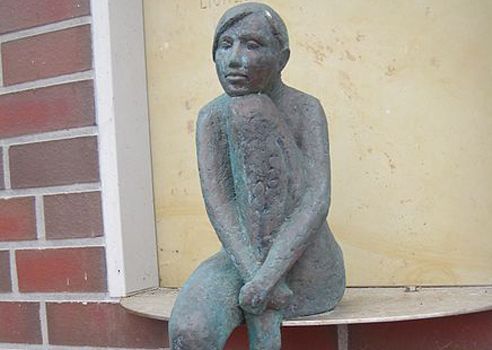Reading time: Less than 1 minute
Increase your vocabulary and you’ll make your writing much more precise. That’s why I provide a word of the week. Today’s word: sehnsucht…
I was being lazy when I read the novel The Italian Party by Christina Lynch. It was an easy, unchallenging book described by The New York Times Book Review Podcast as, “deeply funny.” I’m not sure I’d go that far. But it was an amusing enough novel for whiling away a few hours in some sunshine.
More commendably, it also gave me my word-of-the-week, sehnsucht. Here’s how author Christina Lynch used it:
Carlo told her about something called Sehnsucht. It was a German word that he said had no real equivalent in English or Italian.
I love German words! Freudenschade — which means taking pleasure in the misfortune of someone else — is one of my favourites. But I’d never before heard of sehnsucht.
It turns out that it means “longing,” “pining,” “yearning,” or “craving.” Psychologists have identifed the six core characteristics of the word as follows:
- utopian conceptions of ideal development
- sense of incompleteness and imperfection of life
- conjoint time focus on the past, present, and future
- ambivalent (bittersweet) emotions
- reflection and evaluation of one’s life
- symbolic richness
Do you spot any of these feelings in the photo of the sculpture — called Sehnsucht by Susanne Kraißer — shown at the top of this blog post? I know that I do! “Sehnsucht” is also the name of a poem by Friedrich Schiller that inspired composers like Franz Schubert and Siegfried Wagner. In contemporary times, Sehnsucht is also the title by the second album of the German metal band, Rammstein, published in 1997.
An earlier version of this post first appeared on my blog on July 11/18.


